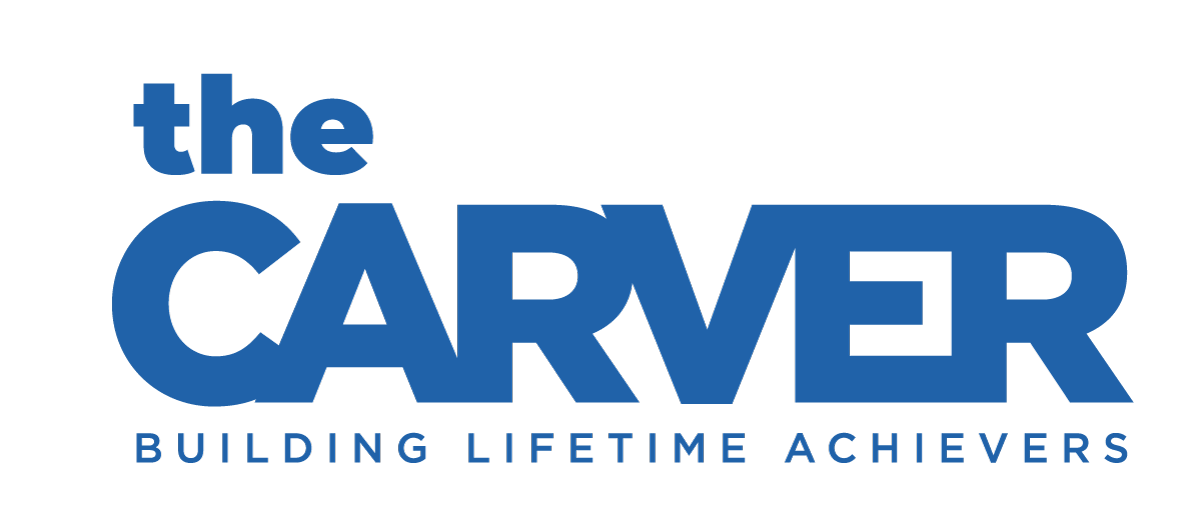Introduction: In the wake of pandemic-induced learning loss, educational institutions grapple with the most effective strategies to help students catch up. While intensive daily tutoring has gained prominence, Carver's unique methodologies are an efficient and cost-effective solution, particularly our in-school before- and after-school programming conducted by the students’ daytime teachers.
Carver's website, complete with interactive dashboards, showcases the tangible results of this programming. In a landscape where tutoring has become a crucial tool for recovery, Carver's approach sets itself apart from the growing trend of hiring outside tutors.
Here are four key benefits of Carver's approach to providing individualized personal assistance by daytime teachers in an engaging and enriching setting.
1. Timing Matters: One of the significant challenges for schools is scheduling tutoring during normal school hours and finding suitable classroom space. Carver addresses this by incorporating tutoring before and after the school day, eliminating the need for additional scheduling and space allocation issues.
2. Hiring Dilemma: The tutoring industry is booming, but Carver's model circumvents schools' hiring struggles. While tutoring companies are prevalent, they often lack alignment with classroom curricula, resulting in a lack of communication between tutors and teachers. Carver's certified teachers provide consistency and long-term relationships, which are critical for successful tutoring.
3. The Power of Project-Based Enrichment Learning: While traditional academic tutoring is crucial in educational support, after-school project-based, hands-on enrichment learning takes the learning experience to new heights. Unlike tutoring, which often focuses on specific subjects or skills, project-based learning provides a holistic approach that fosters creativity, critical thinking, and practical application. In Carver’s after-school setting, students engage in real-world projects that reinforce academic concepts and encourage problem-solving and teamwork. This experiential learning goes beyond rote memorization, allowing students to explore, experiment, and develop a deep understanding of the subject matter. The benefits extend to the development of essential life skills such as communication, collaboration, and adaptability, which are integral in navigating the complexities of the modern world. After-school enrichment programs create an environment where students can discover and pursue their passions, fostering a love for learning that lasts a lifetime. While traditional tutoring addresses specific academic needs, after-school project-based learning provides a comprehensive educational experience that equips students with the skills and mindset needed to thrive in a dynamic and evolving future.
3. Video Tutoring Effectiveness: Online tutoring is a potential solution to logistical and security challenges associated with in-person tutoring. Carver acknowledges the value of video conferencing sessions but emphasizes the need for more research on its effectiveness. Questions remain about student motivation and whether small, regular doses of video tutoring can match the efficacy of in-person sessions.
4. Humans and Machines: Traditional in-person and online tutoring can be costly. Researchers are exploring the potential of AI-driven platforms, such as Khan Academy's Khanmigo, which provides step-by-step personalized guidance similar to a human tutor, potentially revolutionizing the cost-effectiveness of tutoring. Nevertheless, although Carver has long deployed Khan Academy digital tools, in-person support will remain a Carver priority for its social-emotional learning benefit alone.
Conclusion: As schools grapple with decisions on allocating federal recovery funds, Carver's approach offers a compelling alternative to the prevalent tutoring models. By addressing timing challenges, hiring dilemmas, and embracing the potential of AI, Carver is paving the way for an innovative and effective solution to combat pandemic learning loss.
